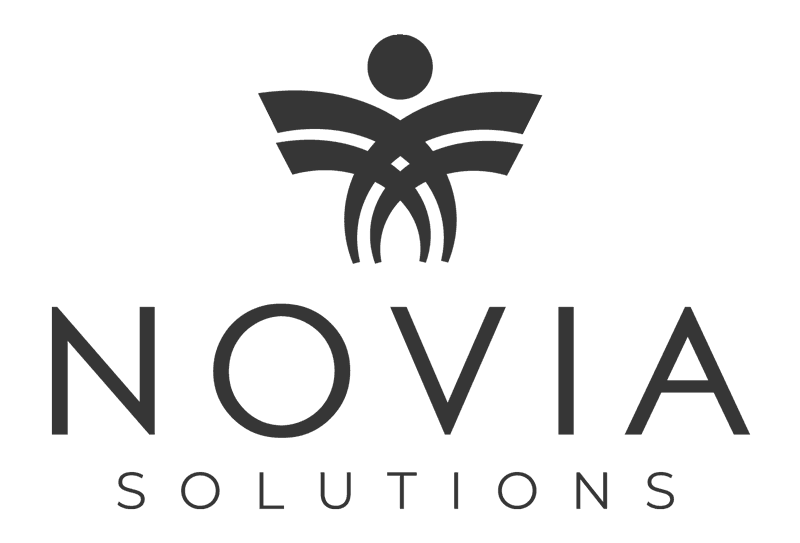Key takeaways:
- A recent study found that the national average turnover rate for bedside RN’s was 16.8% in 2017.
- Different approaches to career progression based on tenure vs. accomplishments can help keep nurses at the bedside1.
- Continued education programs for nurses have been shown to add value throughout the organization.
To address the shifting landscape of healthcare, employers must provide their staff with the tools they need to be successful. As many hospitals nationwide move toward an accomplishment approach to career progression (versus on based on tenure) continued education has become a key point in attracting and retaining nursing talent.
Depending on the organization, hospitals can approach career progression differently. Traditionally, career development has traditionally been based on tenure which is something that has been common across industries. However, many hospitals have begun to use an accomplishment approach when establishing a career ladder for their bedside nurses. Below is one example of a 3-level clinical ladder:
- Level 1: Entry-level RN
- Level 2: An RN who practices independently and can function as a charge nurse or preceptor to new RNs or students
- Level 3: An RN who demonstrates high-level proficiency that is aligned with the organization’s professional practice model
To achieve level 3 status, an RN must:
- Have a BSN degree and professional certification if eligible
- Submit a letter of recommendation
- Provide an exemplar of his or her holistic nursing practice
- Submit a portfolio highlighting his or her professional development and activities1
How can continued education benefit the organization as a whole?
1. Additional education has been correlated with better care. Research has shown a correlation between nurses with additional education and higher quality patient care. This is evidenced by the fact that “with more education, they[nurses] are able to anticipate and address a larger variety of health needs. And since effective patient care is the main priority of any institution, the education levels of its staff should be prioritized”2. As organizations everywhere have adopted a more holistic approach to employment, providing educational benefits has been shown to improve the wellbeing of staff nurses well after graduation.
According to Health Leaders, “Continuing education is a part of this holistic approach to staff support. At Capella University, we know this piece is very important so we’ve done research with Gallup on well-being outcomes of our alumni who were eligible for cost savings on their degree through a partnership we have with their healthcare employer. We found these Capella graduates were more likely than nontraditional college graduates nationally to be thriving in each element of well-being as defined by Gallup. So one can see that providing education benefits can contribute to overall well-being and ultimately contribute to overall better patient care for their institution”2.
2. Diversity in education promotes stronger teams and leaders. Additional benefits of continued education include nurses approaching challenges with more of a global point of view. After all, nurses of different educational and professional backgrounds may be better equipped to resolve complex challenges.
As a consequence “when a team is composed of professionals with different levels of education and experience, everyone on the team benefits. Nurses who are further along in their careers can serve as role models to less experienced staff members and pass along their acquired knowledge. This can be highly rewarding for these mentors in terms of job satisfaction, and it also helps them maintain and test their knowledge base. It may also inspire the rest of the team to pursue more education as less experienced members see firsthand its advantages. Providing education benefits allows for this educational diversity and results in stronger teams.
These benefits also help nurses own and thrive in their roles as leaders. Nursing is a highly trusted profession, and for good reason: nurses supervise patient safety and are the main point of contact for family members whose loved one is receiving care. In order for your nursing staff to maintain this trust, it’s important to invest in their leadership development”2.
3. Attract talent and promote nurse retention. For at least the past decade, nursing shortages and the sky-high turnover rates of bedside nurses have posed significant problems to nurse leaders. It is no secret that nurse attrition can impact everything from quality of care and team morale to the department’s net operating budget, seeing as staff nurses are generally the single largest line item on the budget.
Of course, “Every employee wants to feel valued and supported in their field. The same is true for nurses. Because turnover in nursing staff can be widespread, it is necessary that hospitals and facilities use tuition reimbursement programs as a motivator for retention. These benefits help a nurse feel supported by their institution and also create career momentum. A recent case study on Cigna found that the insurer’s employee education reimbursement program generated 129 percent ROI in the form of avoided talent management costs from 2012 to 2014. Participants had more than an eight percent higher retention rate than non-participants, and they were promoted ten percent more often than non-participants”2.
To learn more about our leadership opportunities, visit our website to speak with a recruiter today. Or, follow us on LinkedIn to receive updates about our hot jobs.
In case you missed it:
- Then Vs. Now: 5 Ways Nursing Has Progressed In The Last 9 Years
- Staffing Budget Got You Down? Start With Understanding FTE’s
- Short On Managers? Cultivate Them From Within
Sources:
1Thew, J. (March 27th, 2019)Want To Keep Nurses At The Bedside? Here’s How
2Webb, A. (April 2nd, 2019) Three Reasons To Prioritize Your Nursing Staff’s Education


